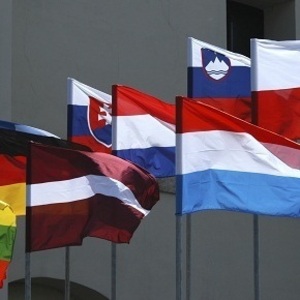Parliament votes to approve EU biofuels cap, provides closure




April 28, 2015
BY Ron Kotrba
Advertisement
Advertisement
Related Stories
Meridian Energy Group Inc., the developer of a proposed greenfield oil refinery in Belfield, North Dakota, on April 16 announced that the facility will have the ability to co-process up to 4,000 barrels per day vegetable oil.
The U.S. Department of Energy is advancing ambitious decarbonization targets for the maritime transportation sector, both domestically and internationally at Singapore Maritime Week by teaming with over 15 government and industry partners.
The International Biomass Conference & Expo was held in Richmond, Virginia, in early March.
A biorefinery in Sweden developed as a joint venture between Nordic energy group St1 and Swedish forest products company SCA on April 10 commenced commercial operations to produce SAF, renewable diesel, and biobased naphtha and LPG.
DOE announces $18.8 Million to advance mixed algae development for low-carbon biofuels and bioproducts
The U.S. Department of Energy will award up $18.8 million to address research and development (R&D) challenges in converting algae, such as seaweeds and other wet waste feedstocks, to biofuels and bioproducts.




